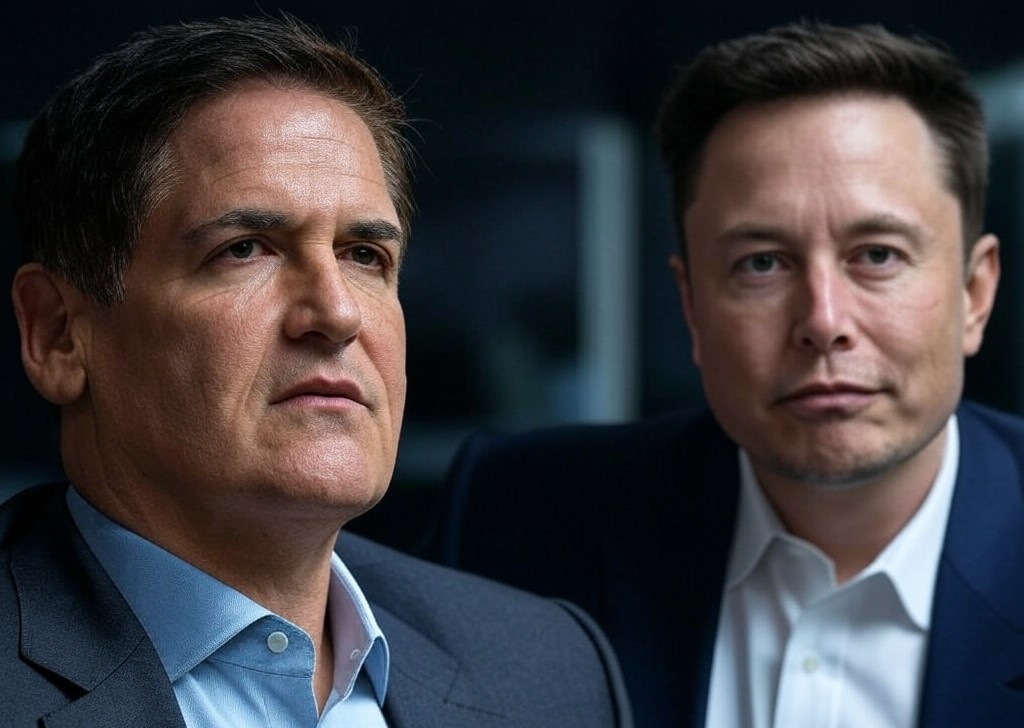Imagine being wealthy enough to buy influence at the highest levels of power—not just a presidency, but a president. Someone who would do your bidding off the books for a fee, enabling you to steer national policies toward your personal goals. While this might sound like a plot from a spy novel, it’s worth considering how realistic this scenario could be in a world where billionaires hold disproportionate sway over politics.
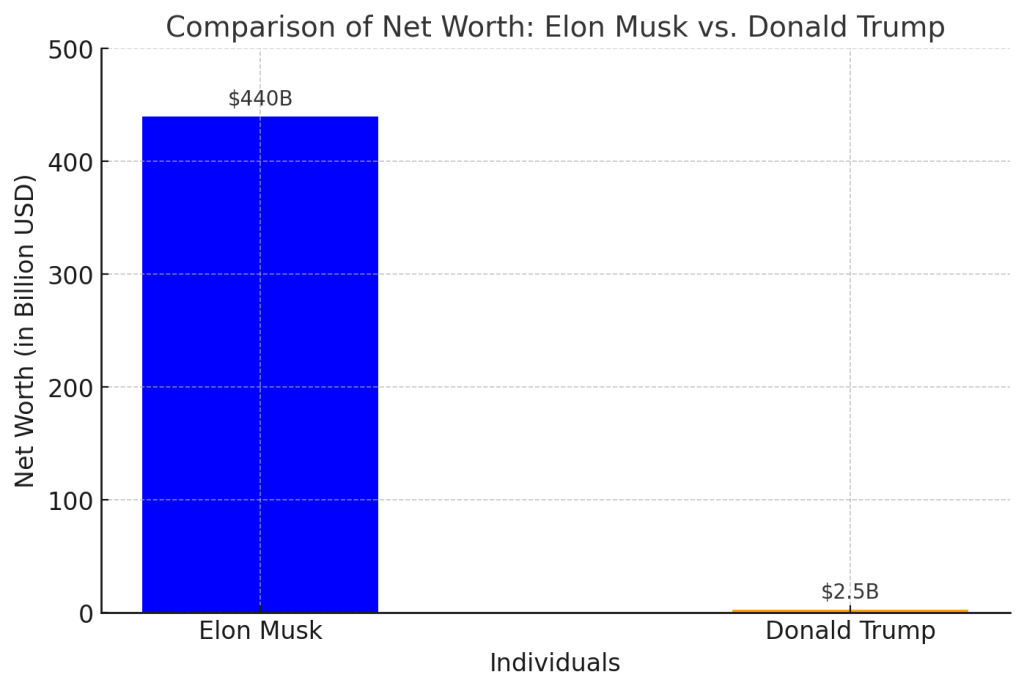
Let’s start with Elon Musk, whose current estimated net worth is around $442 billion to $447 billion as of recent updates. This estimation comes from various sources, including Bloomberg’s Billionaires Index, which reported Musk reaching over $400 billion following a private share sale of SpaceX in December 2024. Musk has redefined industries, from electric cars to space travel, and his wealth is on a scale that makes the financial influence of others pale in comparison. By contrast, Donald Trump’s wealth is a fraction of Musk’s—around $2.5 billion, according to Forbes, though even that figure is disputed. But what Trump lacks in wealth, he makes up for in ego and a documented desire for validation, particularly when it comes to his place on the Forbes list of the richest people in the world. Trump’s obsession with appearing wealthier than he is has been well-documented, from inflating the value of his assets to reportedly calling Forbes under fake names to ensure his spot on their rankings.
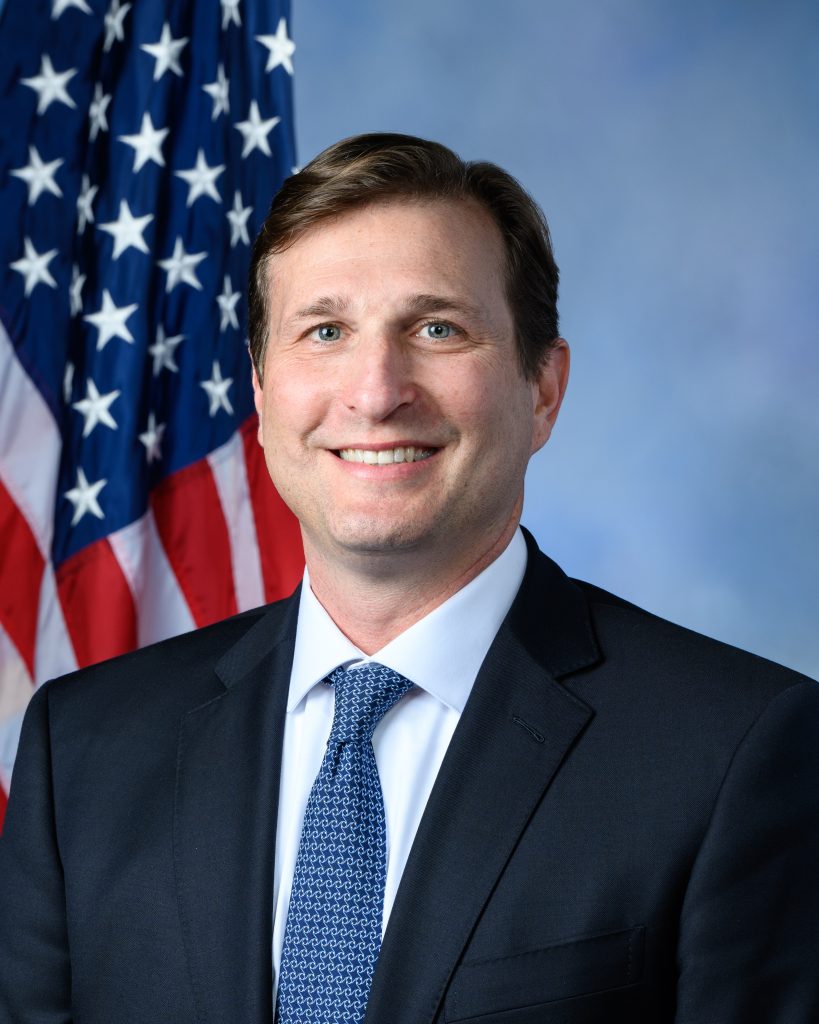
Democratic Rep. Dan Goldman of New York suggested Thursday night that Elon Musk would provide President-elect Donald Trump with a “windfall” if the incoming commander-in-chief does the bidding of the X owner. This statement highlights the troubling potential for billionaires to leverage their resources to shape national policies to suit their personal or business interests. Goldman’s comments underscore the inherent risks of allowing such wealth to intersect with political power.

How much would it take for someone like Musk to “buy” someone like Trump—not the presidency, but Trump himself? Trump’s past behavior suggests he has an Achilles’ heel: his hunger for wealth and recognition. Musk’s immense resources would make it easy to exploit these vulnerabilities. A discreet arrangement, perhaps a bitcoin wallet, could theoretically align a president’s agenda with Musk’s goals. For Musk, this could mean favorable tax policies, deregulation, or government contracts that benefit his companies.

Trump’s willingness to bend for financial gain isn’t exactly speculative. His presidency was marked by policies and actions that often raised eyebrows over potential conflicts of interest. From the use of his properties for official government events to his efforts to steer the G7 summit to his Doral resort, Trump has shown that he isn’t shy about mixing personal financial interests with public responsibilities. Add to that his well-known desire for approval from those he perceives as powerful or wealthy, and you have a figure who might be more pliable than most.
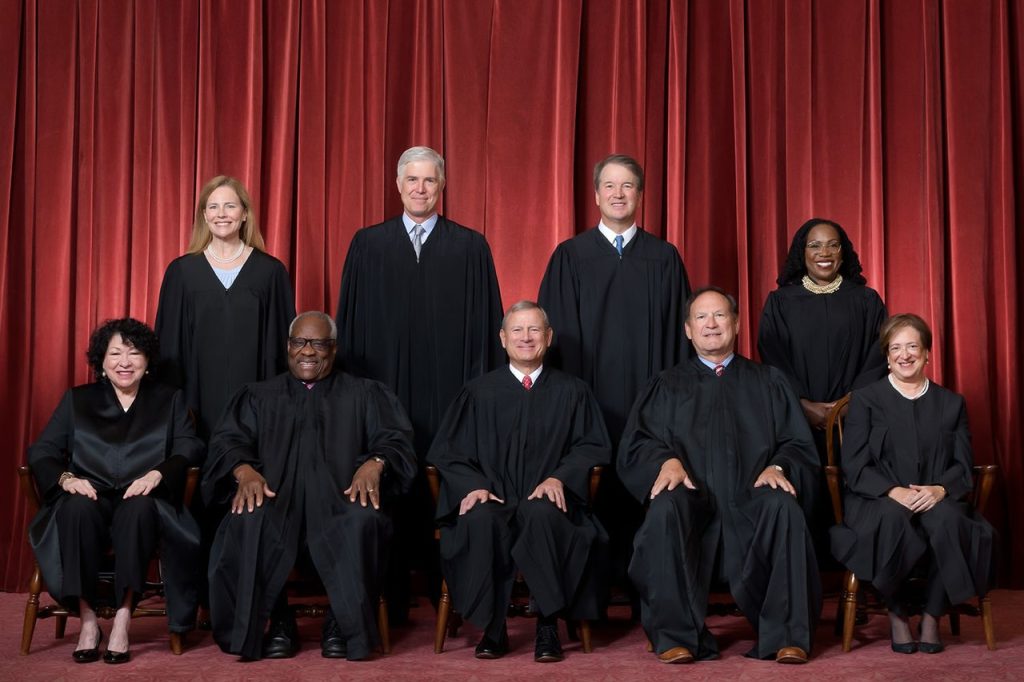
Of course, the idea of a billionaire outright purchasing a president is unsettling, but it’s not entirely outside the realm of possibility in a political system where money speaks louder than principles. Thanks to the Supreme Court’s Citizen’s United ruling, campaign financing laws in the United States already allow the ultra-wealthy to exert significant influence. Super PACs and dark money donations have blurred the lines between public service and private interests. While the idea of directly buying a president might seem extreme, the mechanisms for wielding outsized influence are already in place.
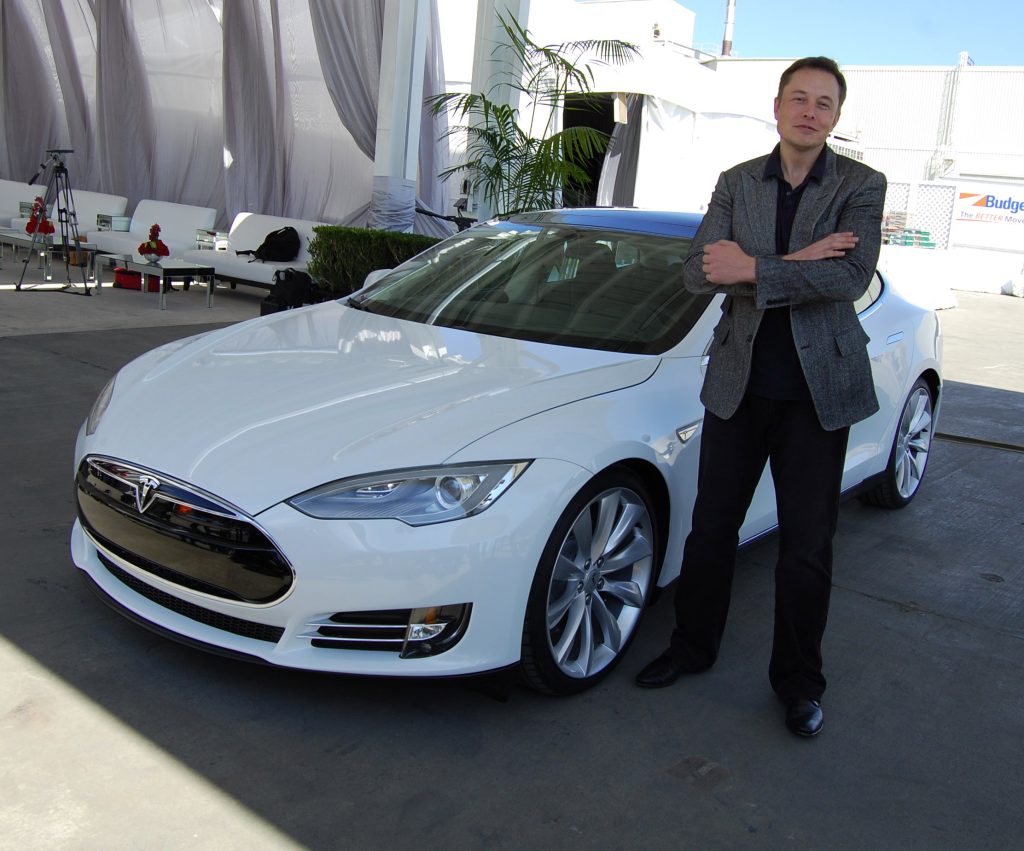
What makes Musk a particularly interesting figure in this hypothetical is that he’s not a typical political player. He doesn’t align strictly with one party, and his motivations appear rooted in advancing his technological and business ambitions. But someone like Trump, with his history of seeking validation and his openness to transactional relationships, might just be the perfect candidate for someone with Musk’s resources.
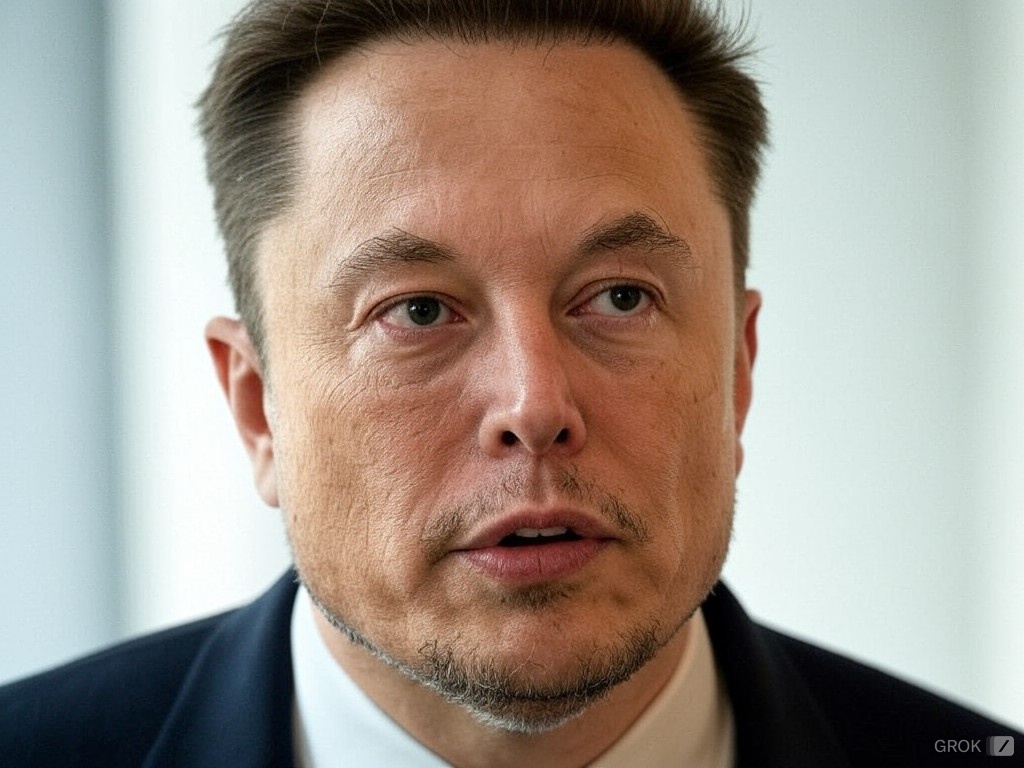
This isn’t to say that Musk has any interest in such a scheme. But the juxtaposition of their wealth and characters raises an uncomfortable question: How much influence could a billionaire like Musk wield if someone like Trump were back in the White House? And more importantly, at what cost to democracy?
In the end, the problem isn’t just hypothetical. It’s a reflection of a broader issue: the dangerous intersection of unchecked wealth and political ambition. When leaders can be swayed by money or personal ego, the public interest becomes secondary. The question isn’t whether a president could be bought—it’s how much, which one, and by whom.





